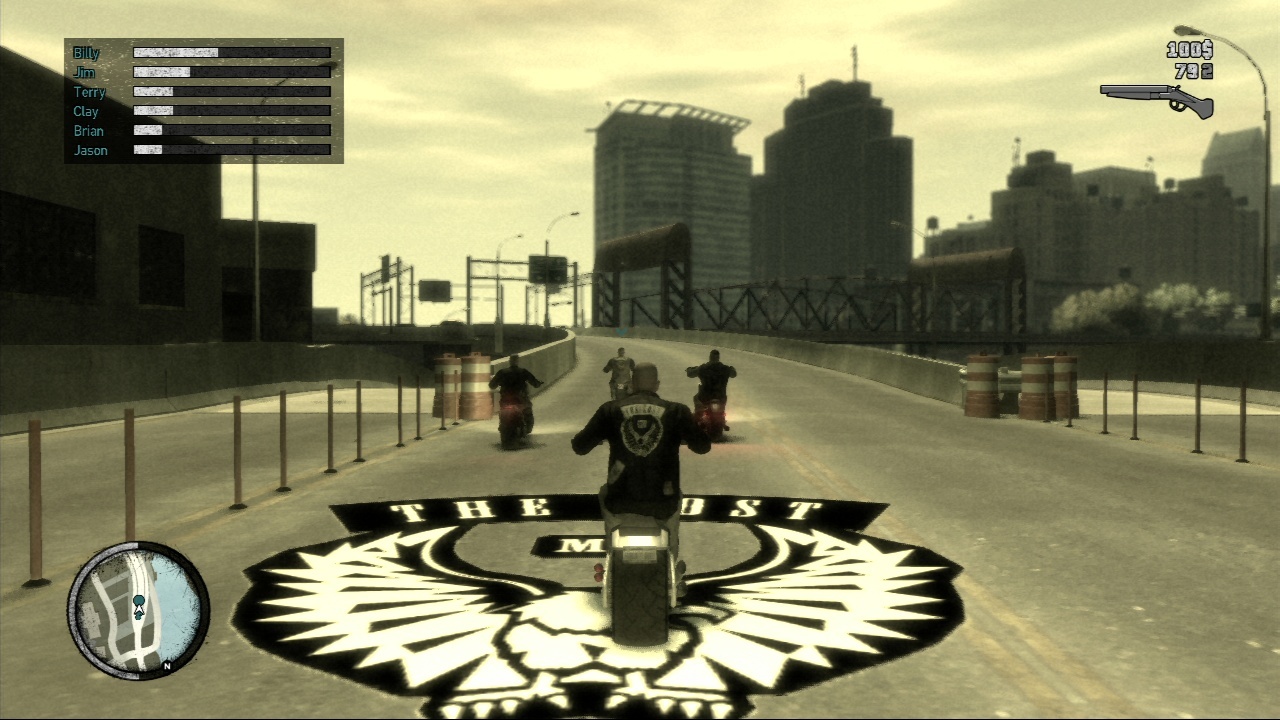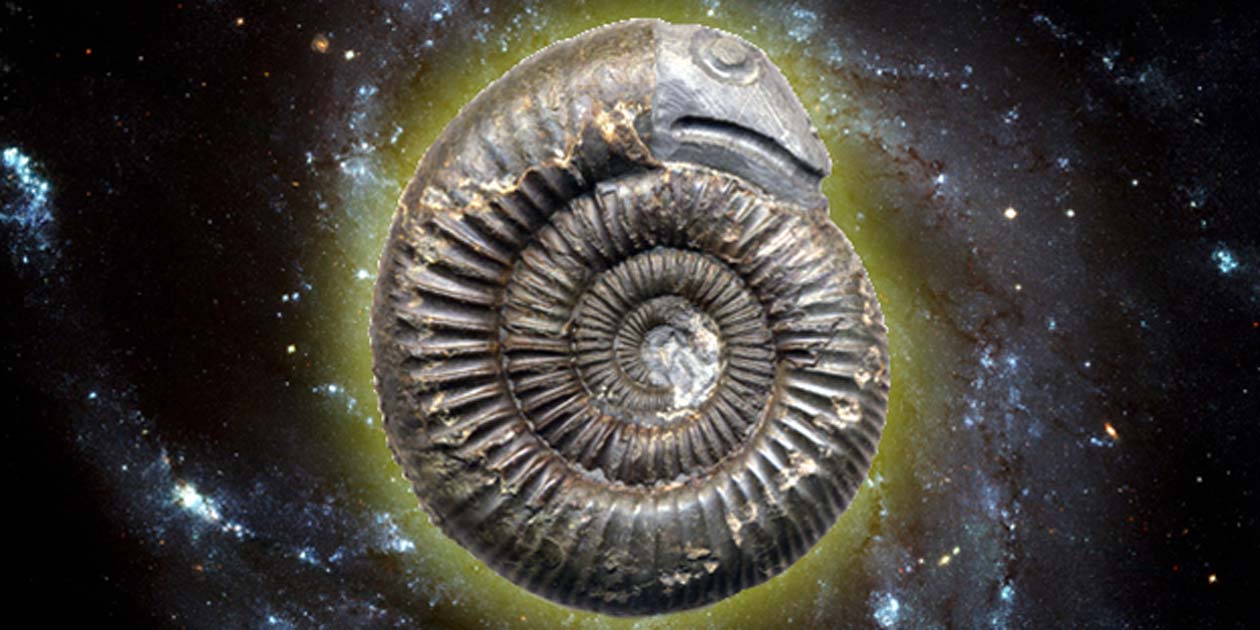But all of the laser weapons, robots, sonic blasters and puke rays pictured here are real. Some of these weapons have already found their way onto the battlefield. The relationship between realworld science and science fiction is a fickle one. One feeds off the other, taking in what is produced before discarding or reshaping and realizing it. If this were true, the moon would float away from the Earth, and our entire solar system would drift apart. While its true that gravity gets weaker with distance, it can never be escaped completely, no matter how far you travel in space. 13 Creepy Real Experiments That Sound Like Science Fiction. Scientists growing human brains in mice? It sounds like science fiction, but its happening right now. Daily Science Fiction is an online magazine specializing in science fiction, fantasy, and everything in between. A new story is published every weekday and sent to subscribers via email, and stories appear a week later on. Watch video27 Science Fictions That Became Science Facts In 2012. We may never have our flying cars, but the future is here. From creating fully functioning artificial leaves to hacking the human brain, science made a lot of breakthroughs this year. Historically, the original impetus behind a real science fiction story wouldnt survive the removal of the science fictiony bits was an attempt to improve the quality of science fiction by publishing stories that werent simply westerns dressed up in SFnal jargon. There is a subgenre called hard science fiction (hardscifi) which tends to have real scientific principles at its foundation, and many of which use technical jargon or get very into the details of how their fictional science works practically. ScienceFiction [sans fkn Werke, in welchen aktuell nicht real erscheinende Elemente vorkommen. ScienceFiction ist hier der Zielbereich, der ohne bernatrliches (wie Zauberei und Fabelwesen) operiert. Bei Fantasy dagegen gehren Magie. Which led us to thinking, what scifi technologies already exist in the REAL world? Which science fiction idea do you think is the next one to become reality? Let us know your thoughts and explain. Science fiction is becoming science fact. Today, more than ever, life is imitating art as fictional gadgets and abilities once the exclusive province of superheroes and telekinetic teens are. Science fiction often explores the potential consequences of scientific and other innovations Natural Science is a branch of science concerned with the description, prediction, and understanding of natural phenomena, based on observational and empirical evidence. Science fiction is a type of fiction where the stories revolve around science and technology of the future. Science fiction texts are often set in the future, in space, in. Some of the greatest nonfiction books about science read like novels. They borrow tropes and narrative tricks from science fiction, fantasy, horror, and more turning great discoveries into. In the real world, the first credit cards appeared in the 1920's and 1930's. In the world of science fiction, though, they didn't come about until the year 2000. The official site of BBC Americas The Real History of Science Fiction. Get full episodes, the latest news, photos, video extras and more. x BBC America By BBC America GET IT NOW. This browser is supported only in Windows 10 and above. Books shelved as hardsciencefiction: The Martian by Andy Weir, Red Mars by Kim Stanley Robinson, Revelation Space by Alastair Reynolds, Seveneves by Ne The series heads to the very frontiers of space and science to produce the definitive television history of science fiction. The story of one of the liveliest and most stimulating genres in popular culture will be told through its impact on cinema, television and literature. THE REAL HISTORY OF SCIENCE FICTION is a documentary series that looks at the history of science fiction and its contributions to film, TV, and our overall understanding of science, space, and the human condition. Science fiction has rocked cinemas for a century, and the genre has produced many undisputed classics during that time. But which movies are essential viewing for anyone interested in the genre. Science fiction's reallife war of the worlds For many years, a very particular and very narrow set of authors has dominated SF. But battle for a broader fictional universe is under way Science fiction has a long history of predicting and inspiring reallife tech, from the Seashell listening devices in Ray Bradbury's Fahrenheit 451 (a prescient depiction of modern headphones), to. Written with wit, clarity, and a great sense of fun, Blockbuster Science will inspire science fiction fans to get excited about real science while also putting an engaging pop culture spin. Fred Starr recollects: real science fiction. All I could find to read was a copy of Analogue, a science fiction magazine that specialised in stories where technological change was impacting on society, but I didnt buy the magazine for those. The attraction was an indepth piece on a nonfictional American programme to build a. Asked what science fiction tech they'd most like to see become real, the answers skew Star Trek. Holodeck, says Drain, or maybe a replicator Sol. Sol is a docufiction hybrid film designed for science centers and museum audiences about a group of kids who set off on a summer of discovery about our nearest star, Sol. This short piece is a test for a portion of the film where the kids explore the size and scale of our Solar System. Based on an educational model developed by Dr. David Hathaway at NASA wherein the Sun is the size of. Science fiction (often shortened to scifi or SF) is a kind of writing. Science fiction stories can be novels, movies, TV shows, comic books and other literature. It can be about imaginary new science and inventions such as spaceships, time machines, and robots. Science fiction stories are often in a world that is very different from the real world. Some of science fiction's greatest creative pioneers tell the story of scifi in this stunning definitive series spanning from artificial intelligence to space exploration to alien encounters. The genre of science fiction is full of new, imaginative, and riveting creations. From robots to space to time, each are explored more in depth. The Real History of Science Fiction seeks to point out why science fiction is not just a genre and the how of immersing its viewers into a whole different dimension. The 10 Most Accurate (And 10 Least Accurate) SciFi Movies. Science fiction wouldn't be much fun if movies never took any creative license. But some popcorn flicks are just too wrong to enjoy. When science fiction inspires real technology Research in humancomputer interaction is mentioning science fiction more than ever, a group of scientists. 21 Science Fictions That Became Science Facts In 2013 If only Isaac Asimov could see us now. There's an old saying that science fiction is really just predicting or helping prevent the future. RealFiction developes Mixes Reality Solutions and 3D Holographic Displays. Used for retail, events, exhibitions and education. And why does some science fiction do such a good job of predicting the future in the first place? The Real History of Science Fiction heads to the very frontiers of space and science to produce the definitive television history of science fiction. The story of one of the liveliest and most stimulating genres in popular culture will be told through its impact on cinema, television and literature. Six fictional ideas that are happening now As scientists invent a Back to the Future hoverboard, here are some scifi ideas that have become reality and a couple that might. Science Fiction often gets around this by making characters spend the trip in suspended animation. Scientists think that this is a good ideaand theyre currently trying to unlock the secrets of safelyexecuted suspended animation. Science fiction writers shape the future with their imaginations. Jules Verne wrote a fictional account of traveling to space almost 100 years before it actually happened. PhD in science fiction Isaac Asimov, SF's most celebrated biochemist. Photograph: Claudio EdingerGetty Images There is a codependency between science and. The Real History of Science Fiction From Star Wars to 2001: A Space Odyssey, and from Jurassic Park to Doctor Who, each program is packed with contributors behind these creations and traces the developments of Robots, Space, Invasion and Time. Narrated by Mark Gatiss, Doctor Who writer, actor, and cocreator of the BBCs Sherlock, the series. Science fiction writing has inspired everything from underwater travel to massive multiplayer online roleplaying games. One author's fanciful imaginings becomes the next generations reallife. Real Science OR Science Fiction The idea of humans becoming one with technology and entering the dawn of a new species sounds like a great movie plot, but it could very well be a reality in the. Hard science fiction is a category of science fiction characterized by an emphasis on scientific accuracy. There is a degree of flexibility in how far from real science a story can stray before it leaves the realm of hard SF. From the Nautilus to Snowpiercer, scifi has long loved trickedout vehicles. Theyre moving cities, sustaining life wherever they go, and while they dont exist (yet), a couple of ships off the coast of New York City are the next best thing. More Silent Running than Waterworld, the Science. The 10 Most Realistic SciFi Movies of All Time. vision that virtual reality will ultimately be as real as, well, real reality. it is the sole science fiction novel written by. The headsets allowed the evil Dominion to see outside their ships with just a turn of the head, like having a screen in your brain. Google Glass is a tiny screen just outside your direct vision. The difference between real science fiction and fake news is day and night, and so the other answers have also elected to find better terms for this nonsense than science fiction. If you've ever wondered how much real science goes into movies like Gravity, novels like The Martian, and television shows like Dr. Written by an author who is both a data scientist and a science fiction writer, this entertaining science primer provides lucid, jargonfree explanations of key scientific principles while referencing wellknown.











